Electrical and electronics engineering holds significant importance in modern society, impacting various aspects of our daily lives. Through innovation and technological advancements, these engineers contribute to the development of efficient energy distribution systems, ensuring sustainable power generation and utilization. They play a crucial role in designing, testing, and maintaining critical infrastructure such as telecommunications networks and transportation systems. They are essential for advancing technology and society, working across diverse industries and requiring a wide range of skills. Their contributions extend to powering various devices and systems that enhance daily life, from smartphones to medical equipment. Overall, electrical and electronics engineering is instrumental in driving progress, improving efficiency, and meeting the evolving needs of the modern world.
Recent years have witnessed significant advancements in electrical and electronics engineering, shaping various industries and enhancing technological capabilities. Major growth has been observed in fields such as renewable energy, particularly for low-power devices, where innovations in energy harvesting and storage technologies are revolutionizing the way we generate and utilize power. The developments in computer systems, smartphones, and other advanced technology have been propelled by the contributions of electrical and electronic engineers. The continuous evolution of microelectronics and nanotechnology has led to the creation of smaller, more efficient devices with improved performance and reduced power consumption. Additionally, recent inventions in fields like medical devices, telecommunications, and automation highlight the interdisciplinary nature of electrical engineering and its profound impact on modern society. These advancements underscore the ongoing commitment of researchers and engineers to push the boundaries of technology and address emerging challenges.
This book is an outcome of our teaching and research experiences on electrical and electronics engineering topics. It can be useful for students and educators. This book includes a total of six chapters. It covers DC and AC circuits, machines and measuring instruments, energy resources, electricity bill, safety measures, evolution of electronics, basic electronic circuits, instrumentation and digital electronics. It provides exposure to subjects like electricity fundamentals, network theory, electromagnetism, electrical machines, transformers, measuring instruments, power systems, semiconductor devices, digital electronics, and integrated circuits. It provides a solid foundation knowledge about electric circuits, network theorems, resonance, diodes, transistors, biasing techniques, small signal models of BJT and FET and special-purpose devices.

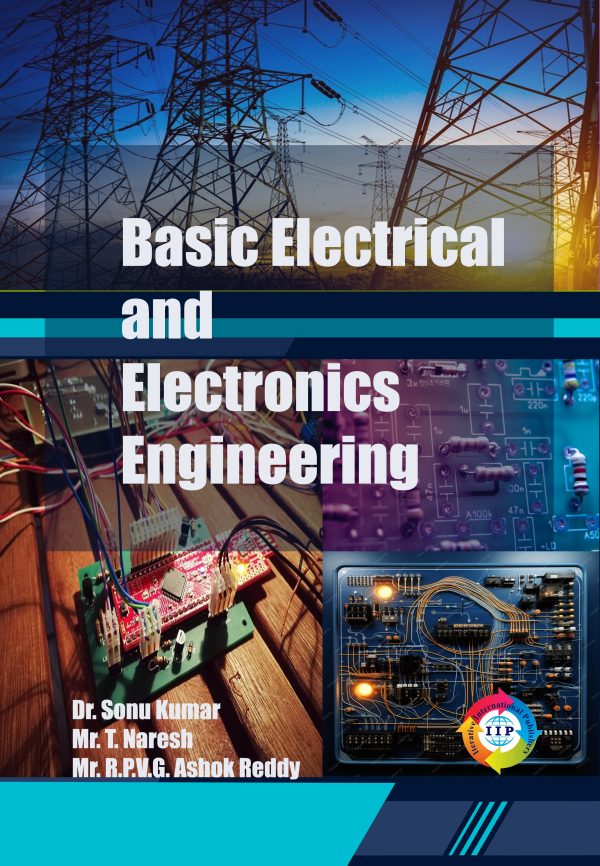
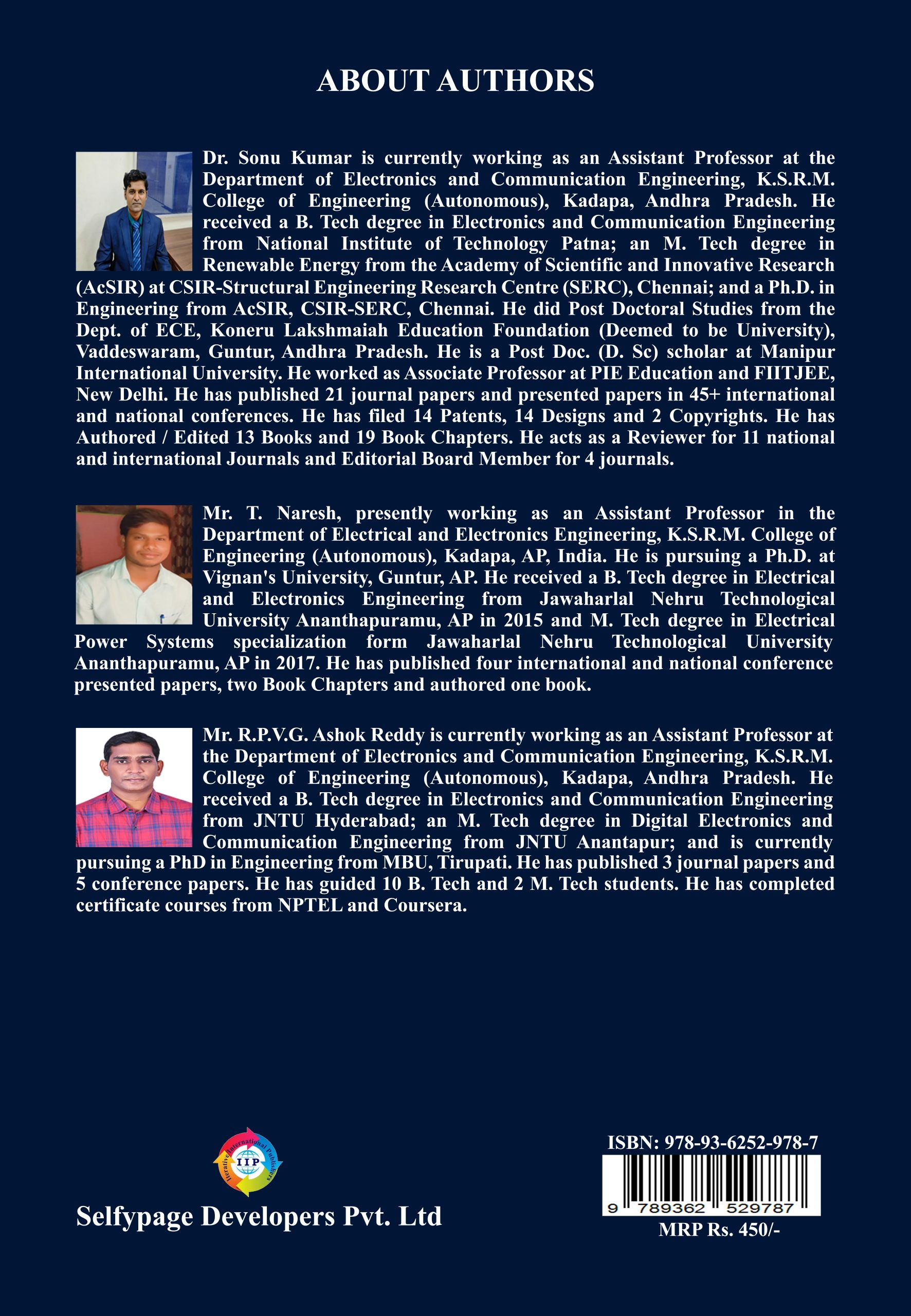
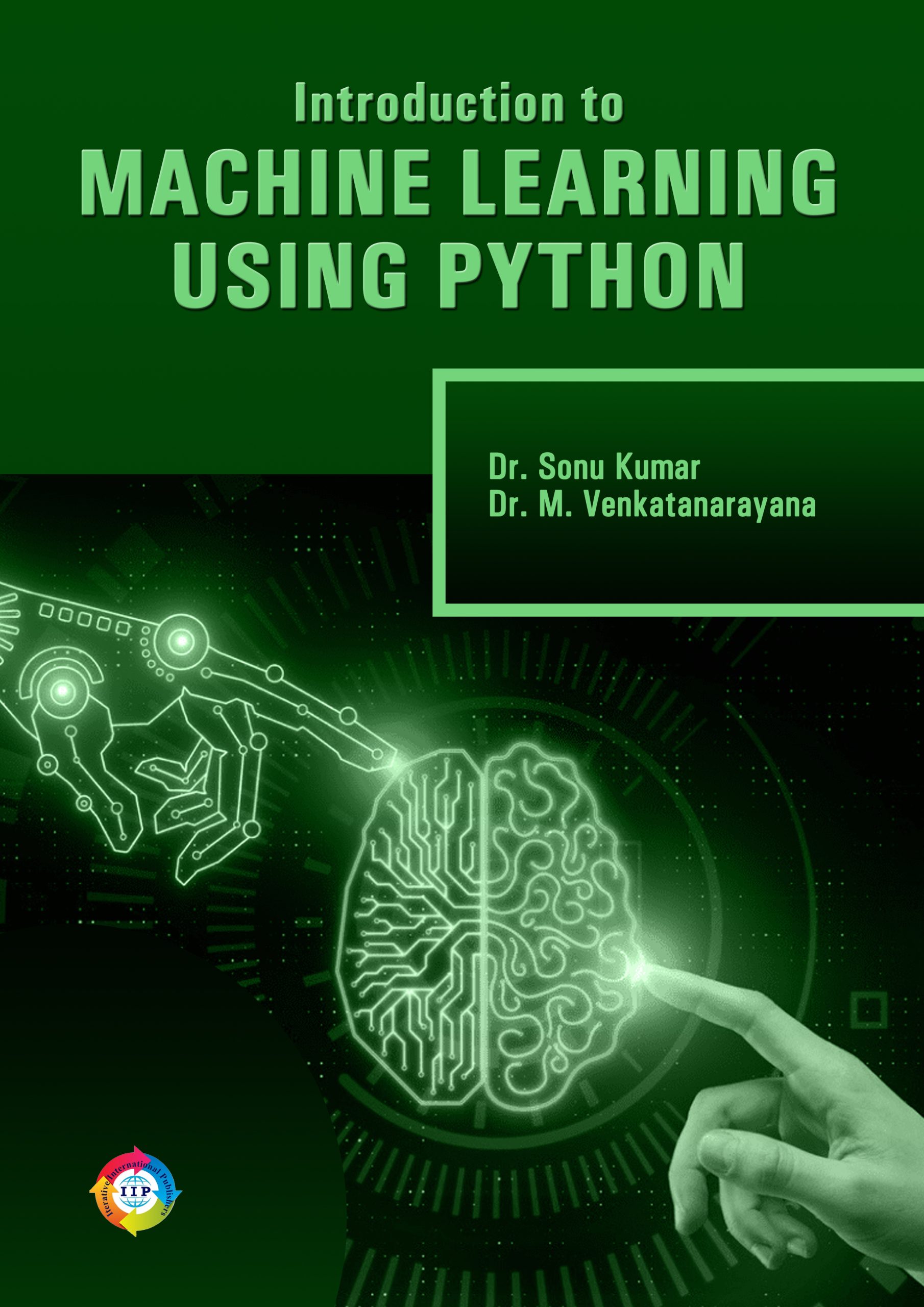
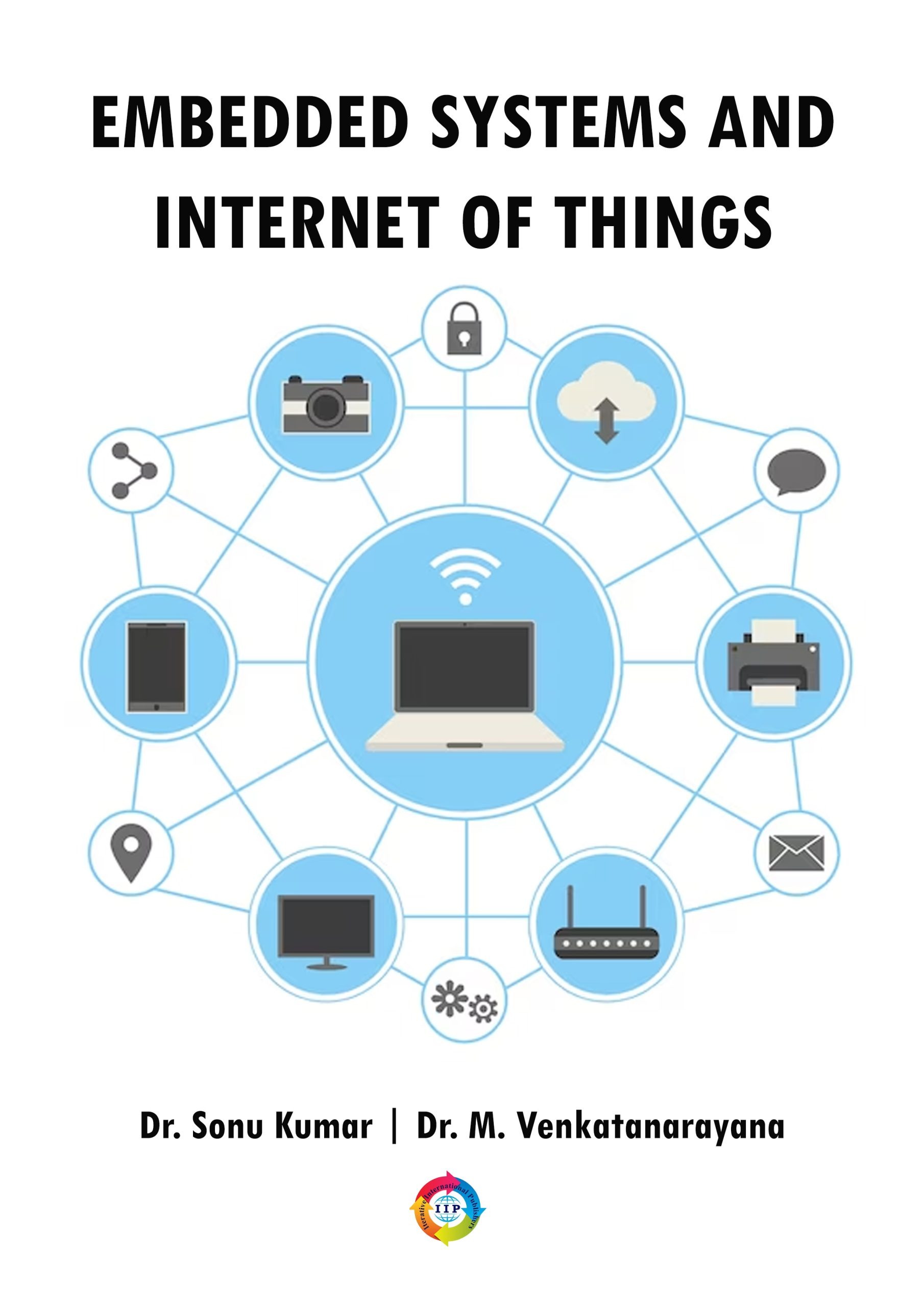
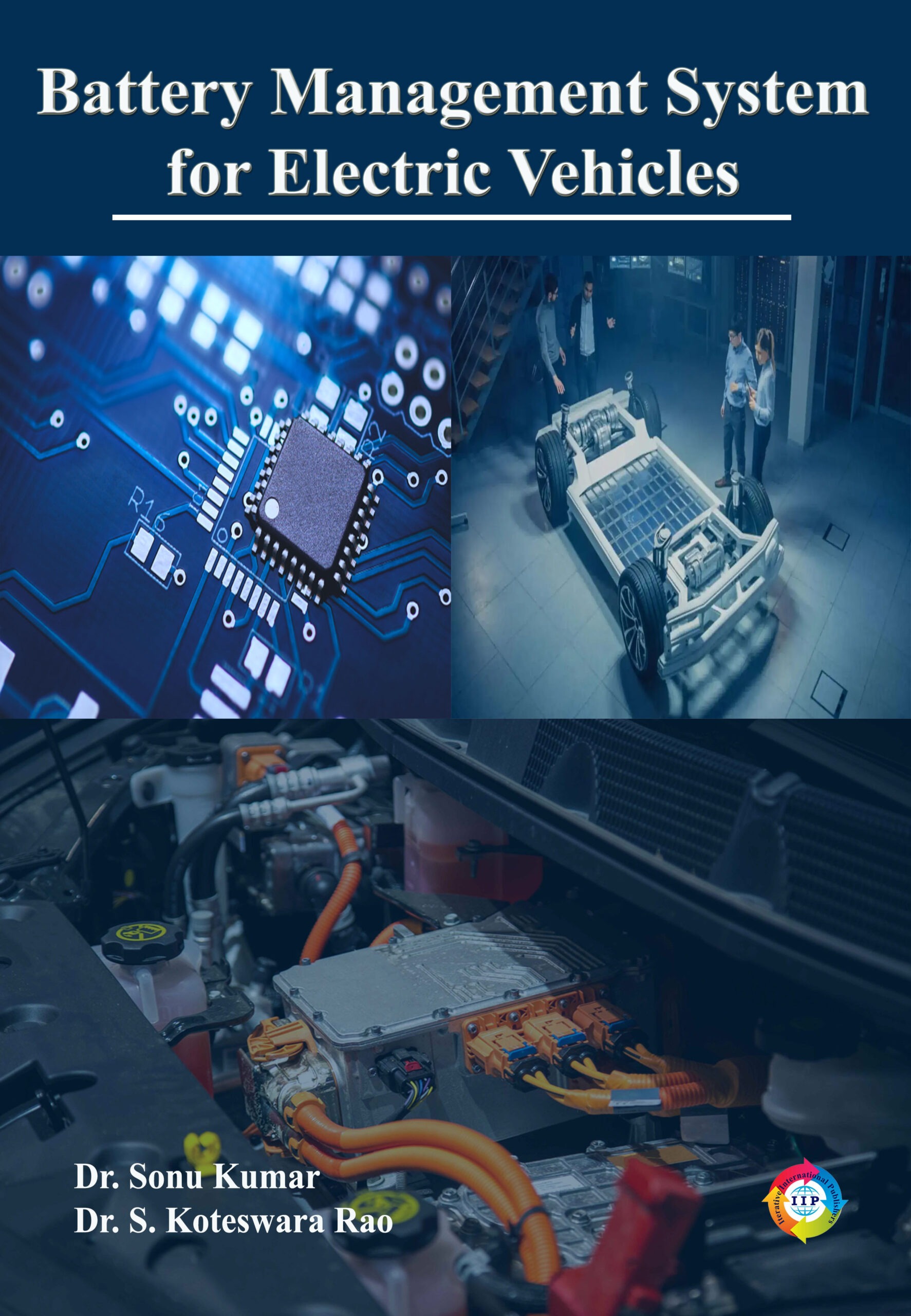



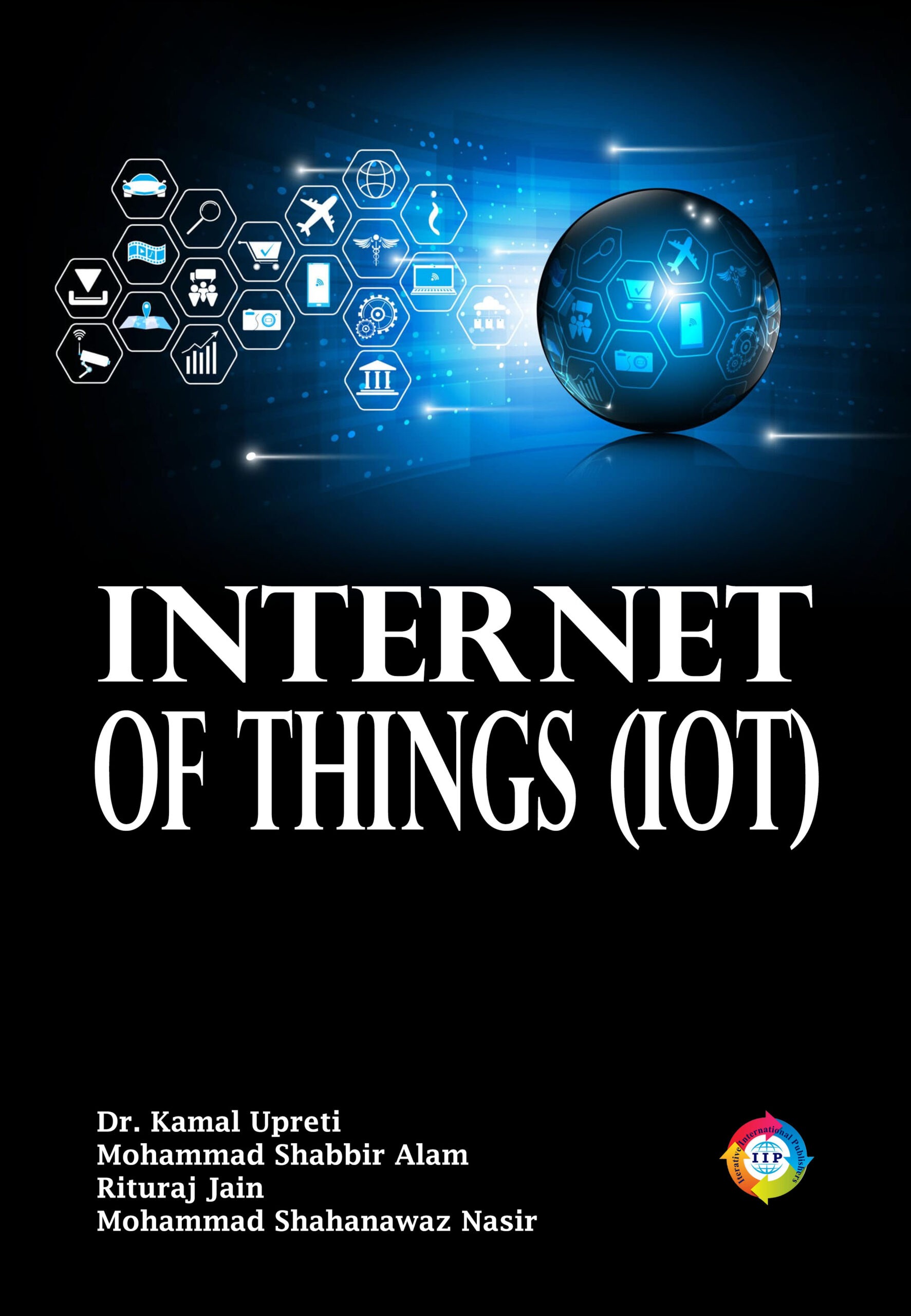



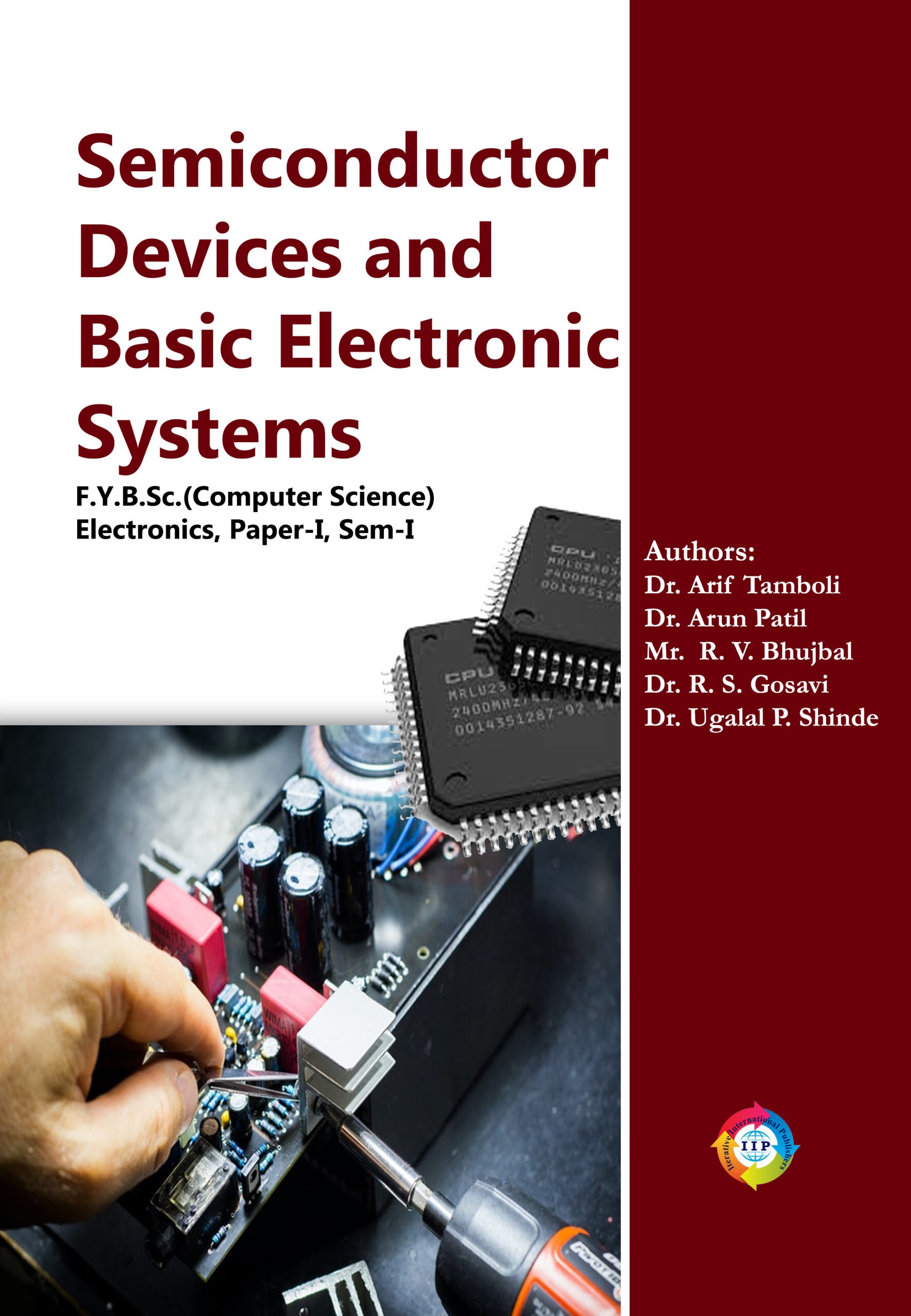

Reviews
There are no reviews yet.